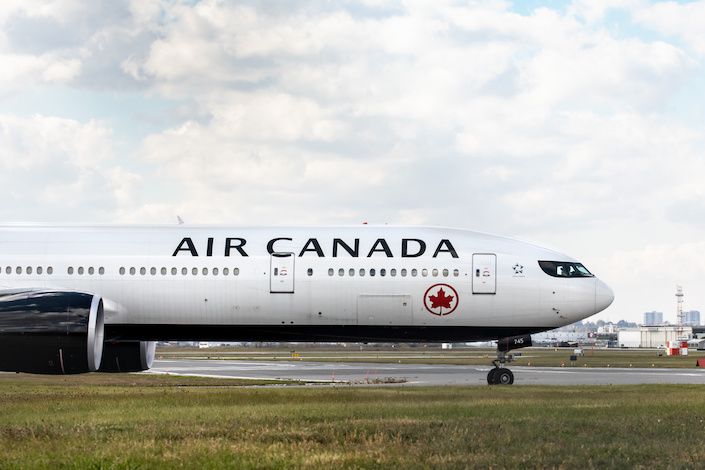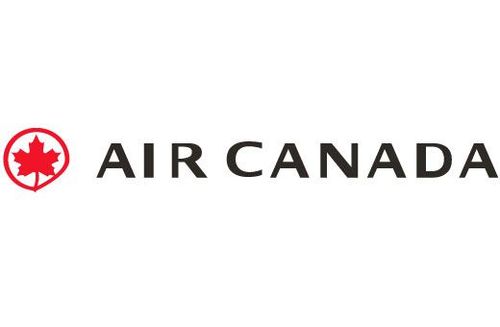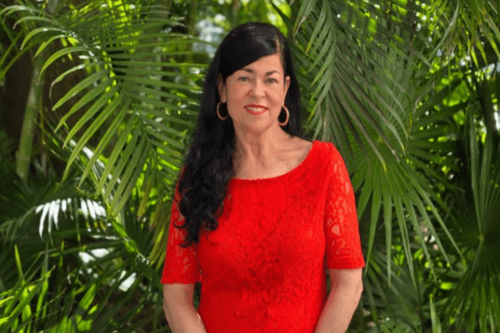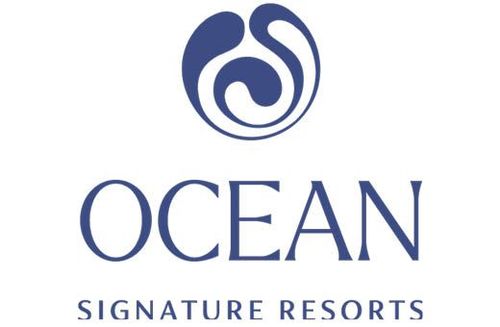Where travel agents earn, learn and save!
News / Air Canada and Carbon Engineering sign MoU to explore commercial opportunities for SAF, carbon removal and decarbonization technology
Two Canadian firms work together to advance aviation decarbonization solutions

Air Canada and Carbon Engineering Ltd. (CE) announced a Memorandum of Understanding ("MoU") to identify potential opportunities in how CE's proprietary Direct Air Capture (DAC) technology, which captures carbon dioxide (CO2) from the atmosphere, can advance aviation decarbonization. The two Canadian companies plan to explore potential cooperation activities in sustainable aviation fuels (SAF), permanent carbon dioxide removal and innovation, including opportunities for Air Canada to purchase SAF utilizing CE's technologies.

CE's DAC technology captures CO2 directly out of the atmosphere and can be used to support decarbonization in two significant and complementary ways:
- When combined with secure geologic storage, it can permanently remove vast amounts of CO2 from the atmosphere, providing a tool to eliminate any CO2 emission, from any location and at any moment in time.
- Additionally, through integration with CE's AIR TO FUELS™ technology, DAC can be used to produce ultra-low carbon transportation fuels, such as SAF, by combining atmospheric CO2 with clean hydrogen.
As part of its climate targets to reach a goal of net-zero greenhouse gas emissions throughout its global operations by 2050, Air Canada has committed to invest in a variety of alternative fuel and carbon reduction solutions. Air Canada currently reports its carbon footprint, targets and climate protection strategy through the CDP and, as of 2022, will also be reporting through the Task Force on Climate-related Financial Disclosures framework. Additional information about Air Canada's Environmental Social Governance activities is discussed in the airline's Corporate Sustainability Report, Citizens of the World.










